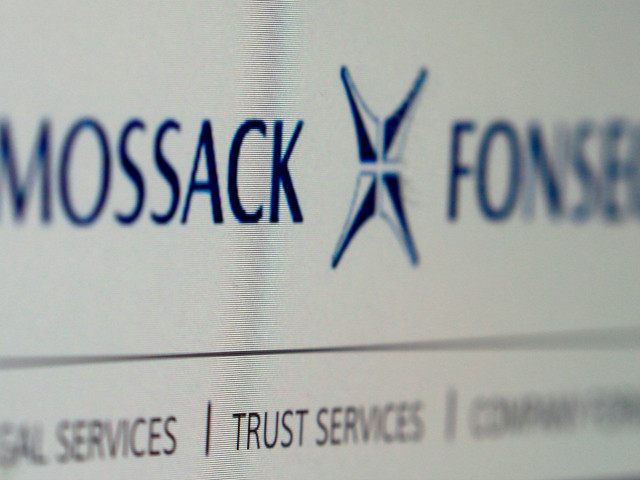After raids and investigations by the governments of El Salvador, Peru, and Panama itself, the U.S. government is looking into the tax-avoidance schemes exposed by the “Panama Papers.”
The announcement came from U.S. Attorney for Manhattan Preet Bharara, in a letter to the International Consortium of Investigative Journalists (ICIJ) — the group that was given a huge trove of documents stolen from Panama’s Mossack Fonseca law firm by an anonymous hacker.
“The U.S. Attorney’s Office for the Southern District of New York (the “Office”) has opened a criminal investigation regarding matters to which the Panama Papers are relevant,” Bharara wrote in the letter, which was published in full by the UK Guardian.
“The Office would greatly appreciate the opportunity to speak as soon as possible with any ICIJ employee or representative involved in the Panama Papers Project in order to discuss this matter further,” Bharara asked.
As befits this most complex and vague of scandals, filled with many infuriating details of apparent political and financial corruption — but a notable lack of actual criminal behavior thus far — Bharara’s request is extremely nebulous and has not yet been backed up by an official subpoena.
However, Bloomberg News reported on Thursday that New York’s Department of Financial Services has ordered 13 foreign banks to turn over information about their contacts with Mossack Fonseca, including Deutsche Bank AG, Credit Suisse Group AG, and Commerzbank AG.
The vagueness of the case was exemplified by President Barack Obama’s comments, as recounted by the Guardian: “There is no doubt that the problem of global tax avoidance generally is a huge problem. A lot of these loopholes come at the expense of middle-class families, because that lost revenue has to be made up somewhere.”
President Obama, like other revenue-hungry politicians, seeks to conflate legal tax avoidance with illegal tax evasion, when he says things like, “We shouldn’t make it legal to engage in transactions just to avoid taxes.” There is, by definition, nothing wrong, illegal, or immoral about pursuing legal strategies to minimize tax exposure — as practiced by President Obama himself and both of his prospective Democratic successors, Hillary Clinton and Bernie Sanders.
In fact, as McClatchy News reported over the weekend, while there are not many Americans exposed by the Panama Papers, there are quite a few big-money donors to the Clinton Foundation, the Clinton Global Initiative, and Hillary Clinton’s political campaigns — people with “both recent and decades-old” ties to the Clinton machine.
The point critics of tax avoidance are really trying to make is that pursuing those strategies with such naked abandon, while enlisting the help of a rich and powerful law firm in a country with exceptionally loose incorporation laws, is unseemly.
What they really should be asking is where Mossack Fonseca’s clients, including powerful left-wing politicians, got all the money they were trying to shelter in Panama, and why this firm was able to do such brisk business helping millionaires hide their money from rapacious tax systems, instead of investing the money productively in their own countries. Legal tax avoidance is more of a symptom than a problem.
It seems noteworthy that Bharara’s letter says he believes Panama Papers documents are relevant to a criminal investigation, not that he is launching an investigation based entirely on the Panama Papers themselves. This could be a recent investigation into an individual or entity named in the Mossack Fonseca documents.
The Bloomberg report on New York state regulators demanding information from foreign banks says that American prosecutors are “looking into whether the documents might provide evidence of wrongdoing for new cases or existing ones,” and that “prosecutors in the Justice Department’s tax, fraud and money-laundering units are reviewing news reports based on the documents.”
That sounds like the biggest, wildest fishing expedition since the people of Amity Island went hunting for the great white shark in “Jaws,” and came up with a tiger shark.

COMMENTS
Please let us know if you're having issues with commenting.